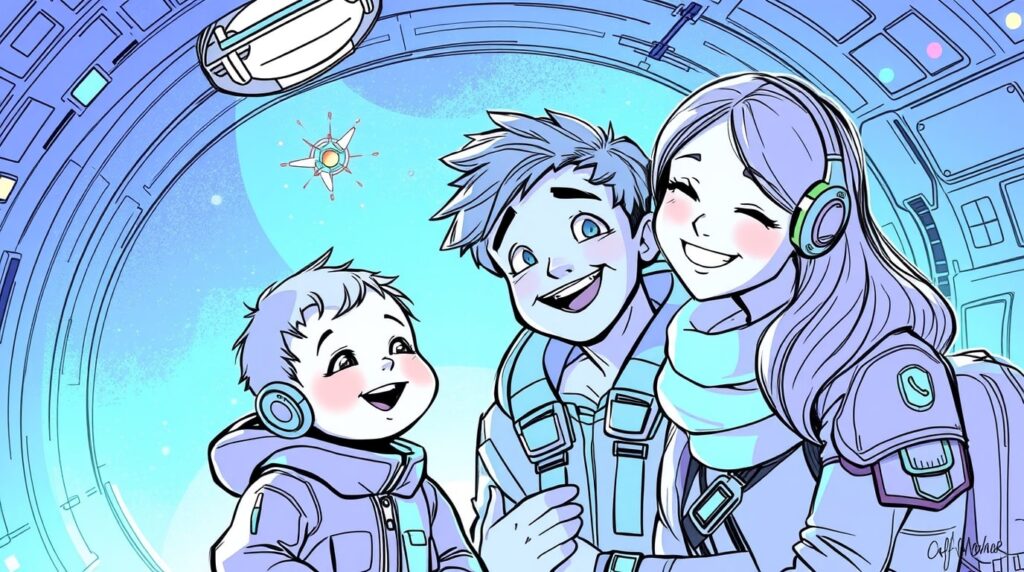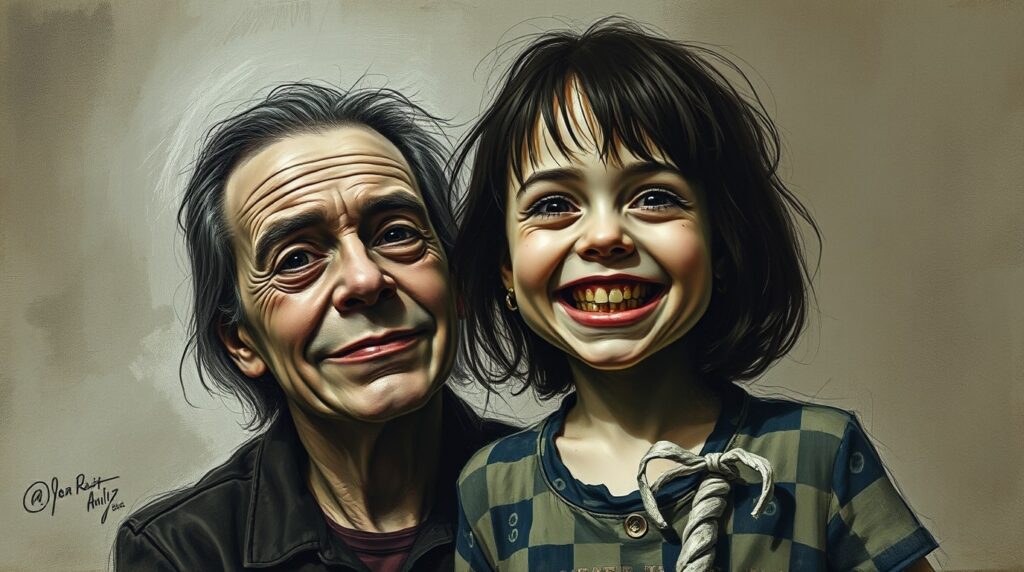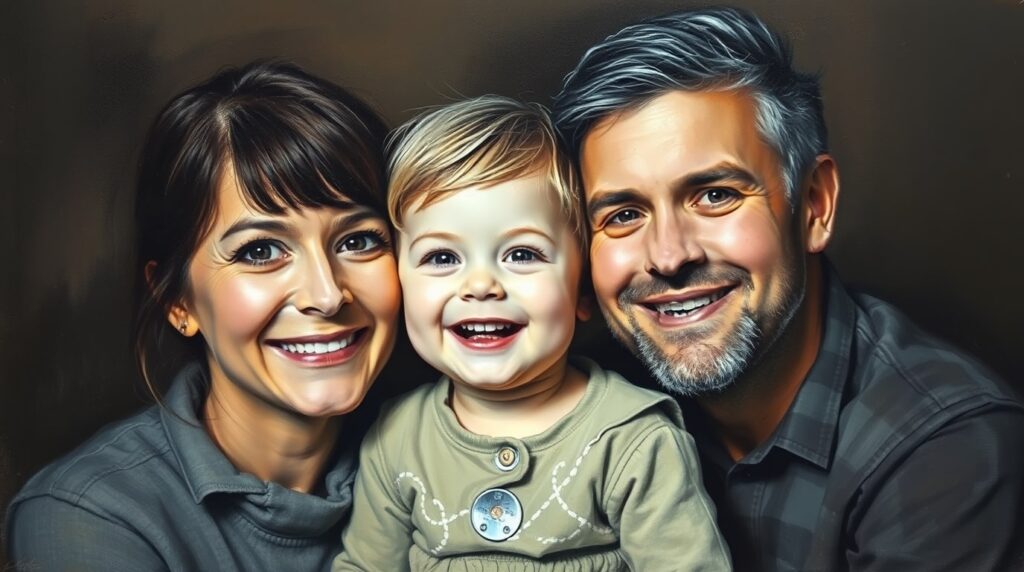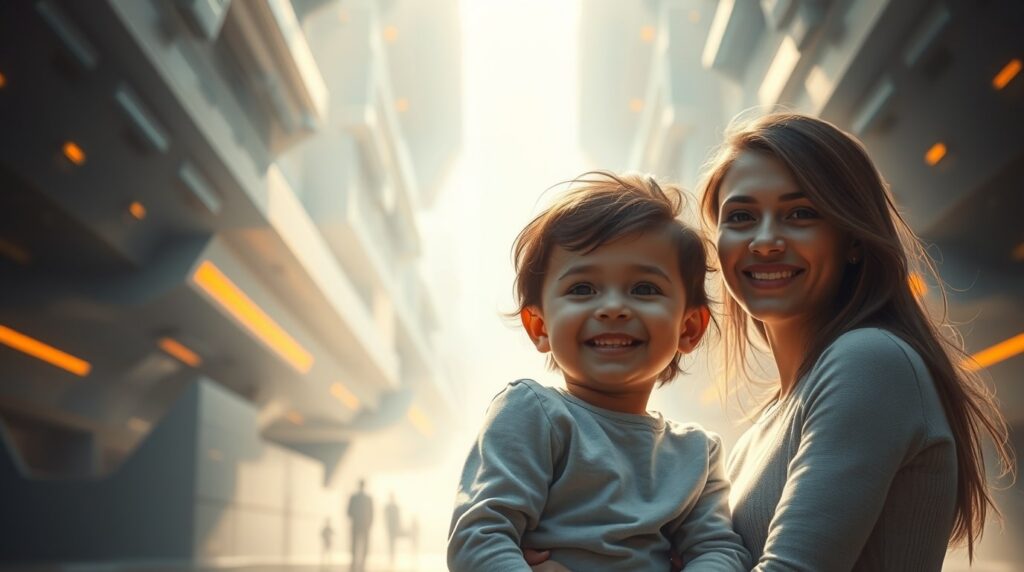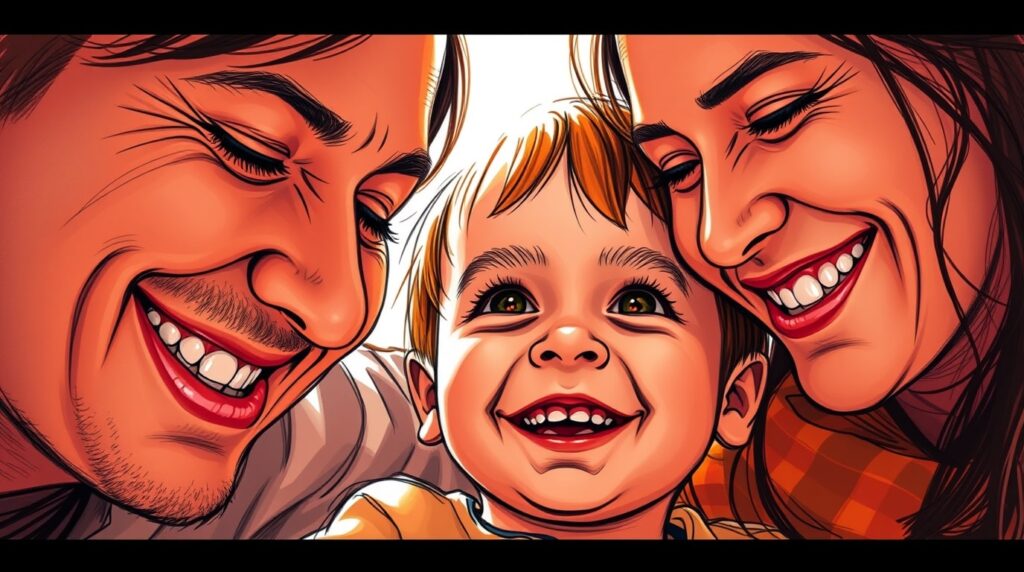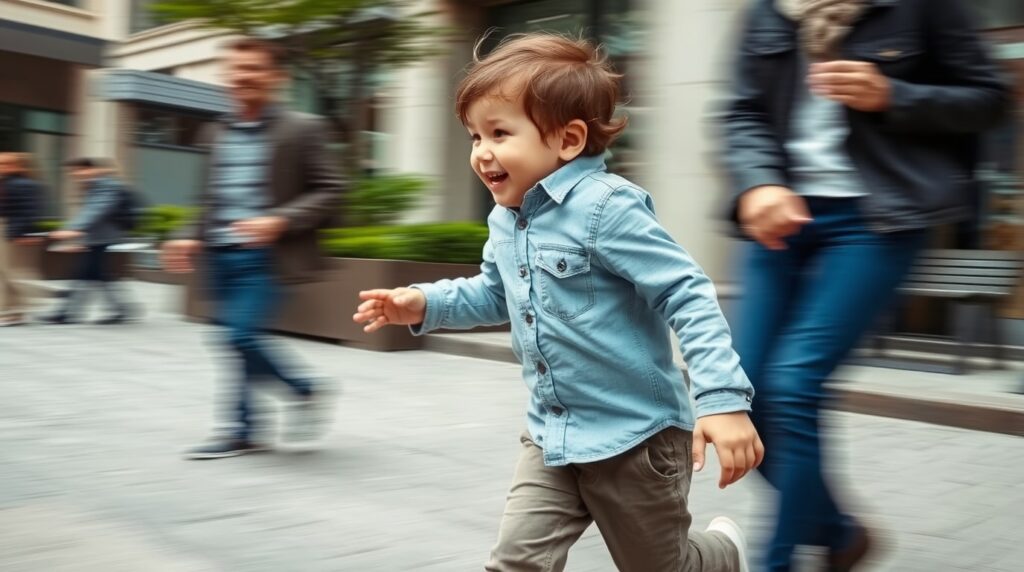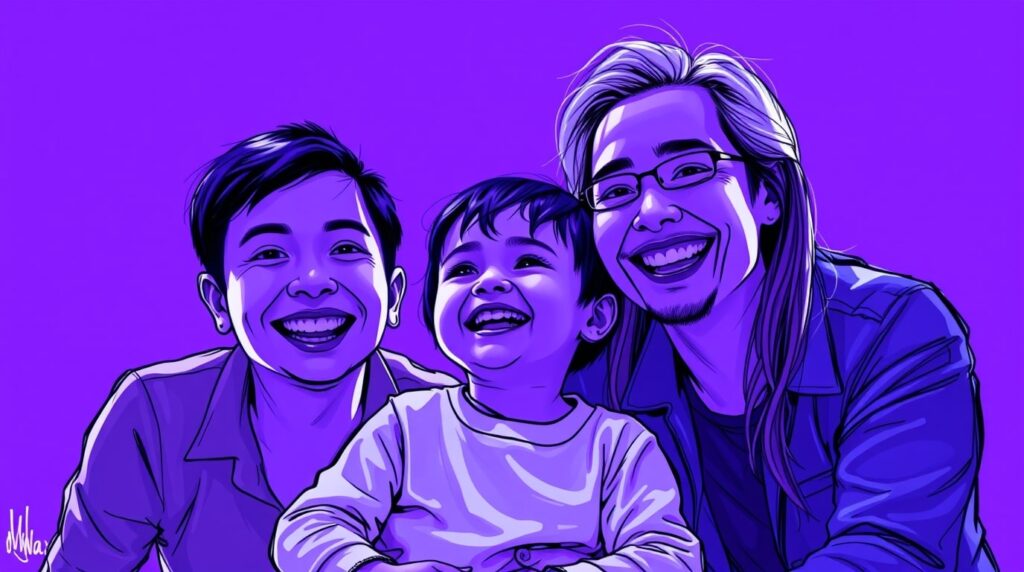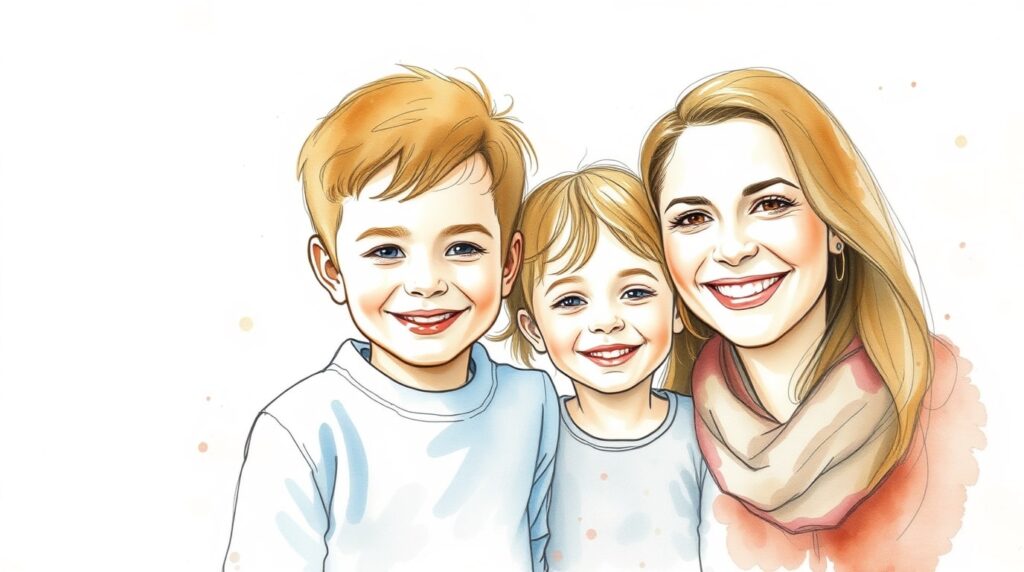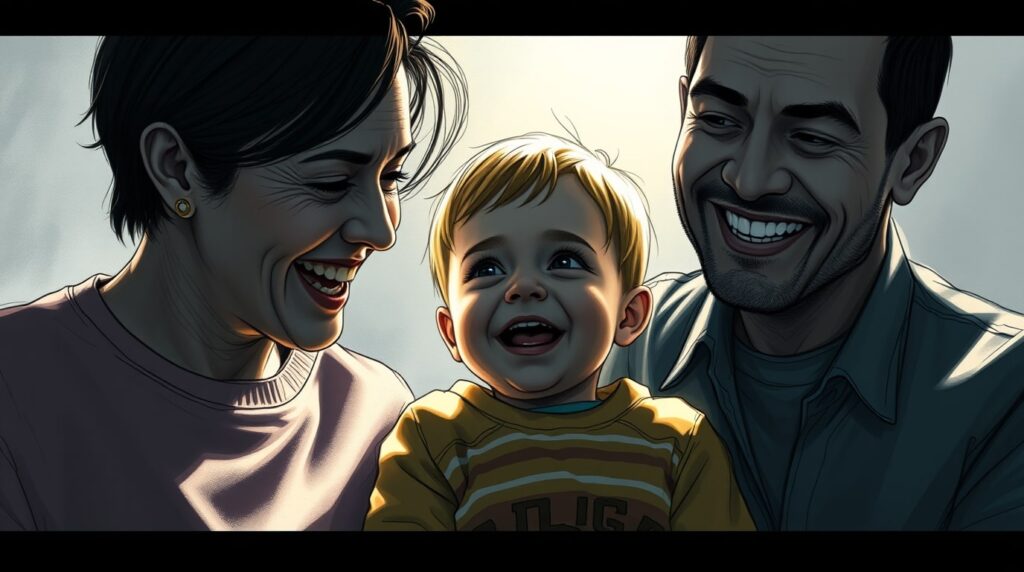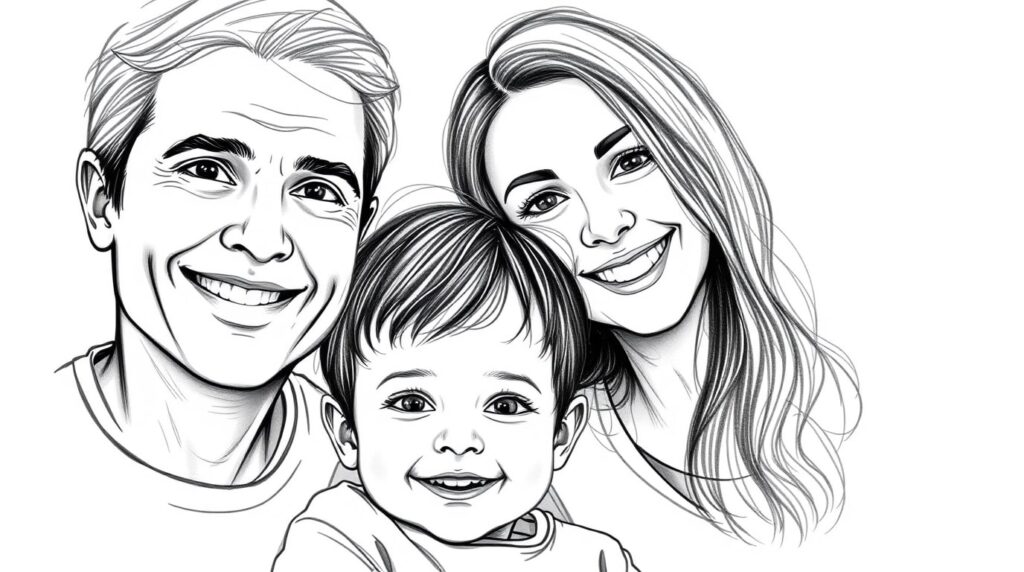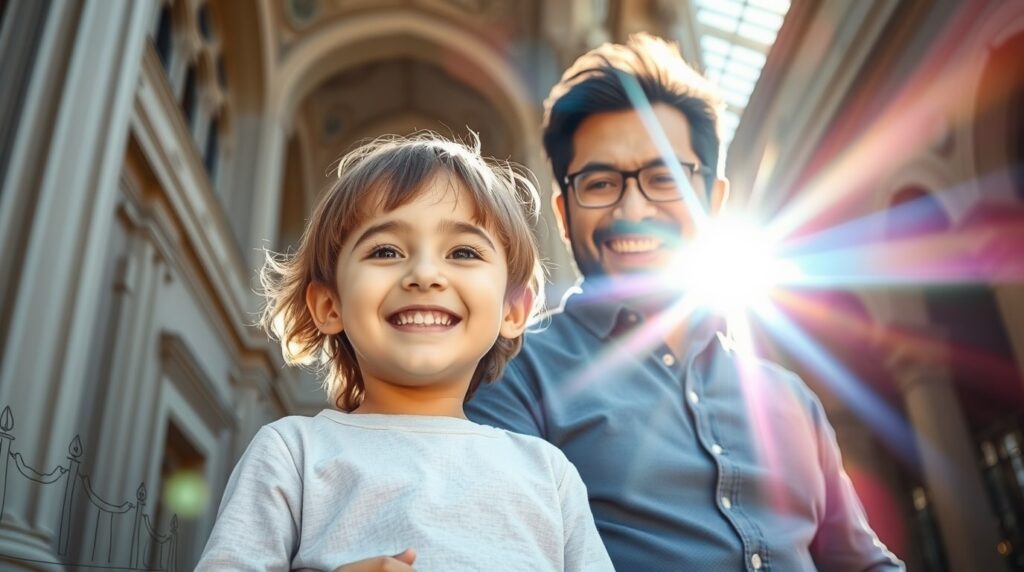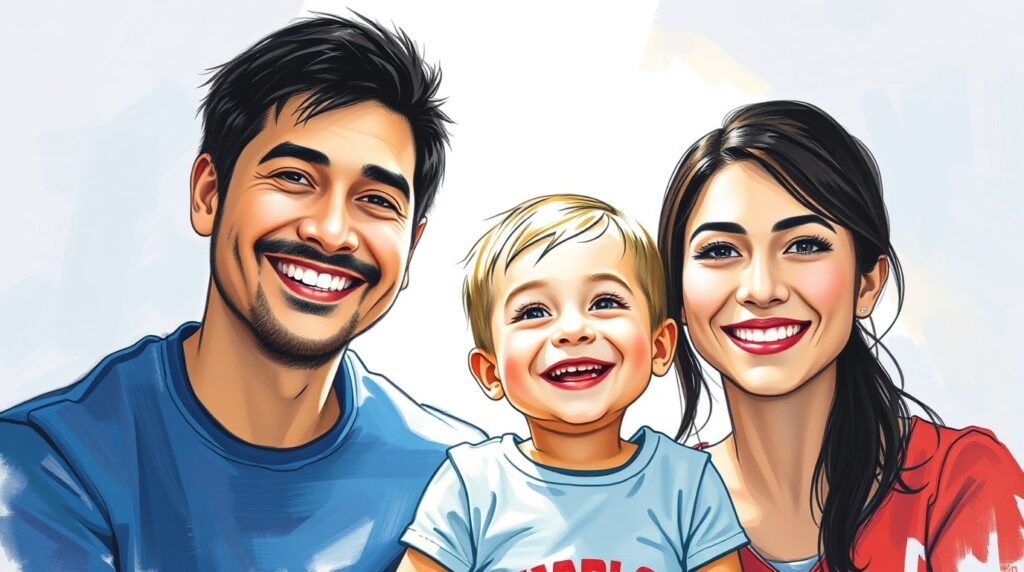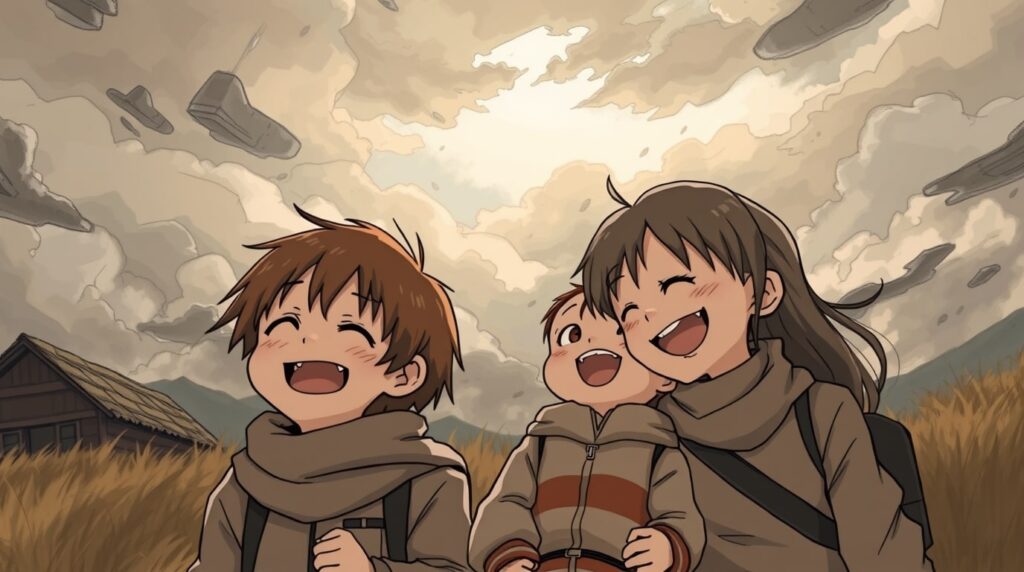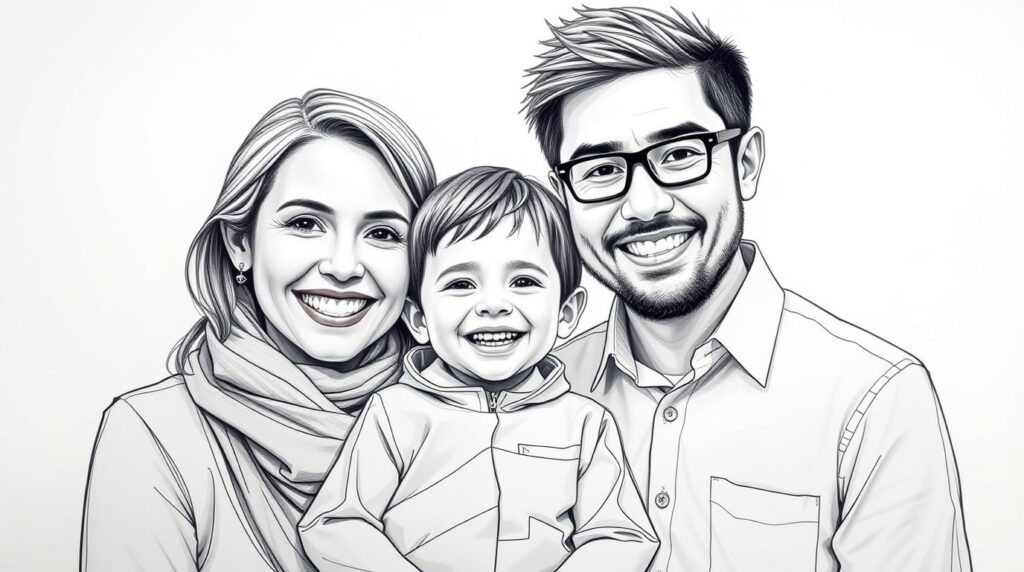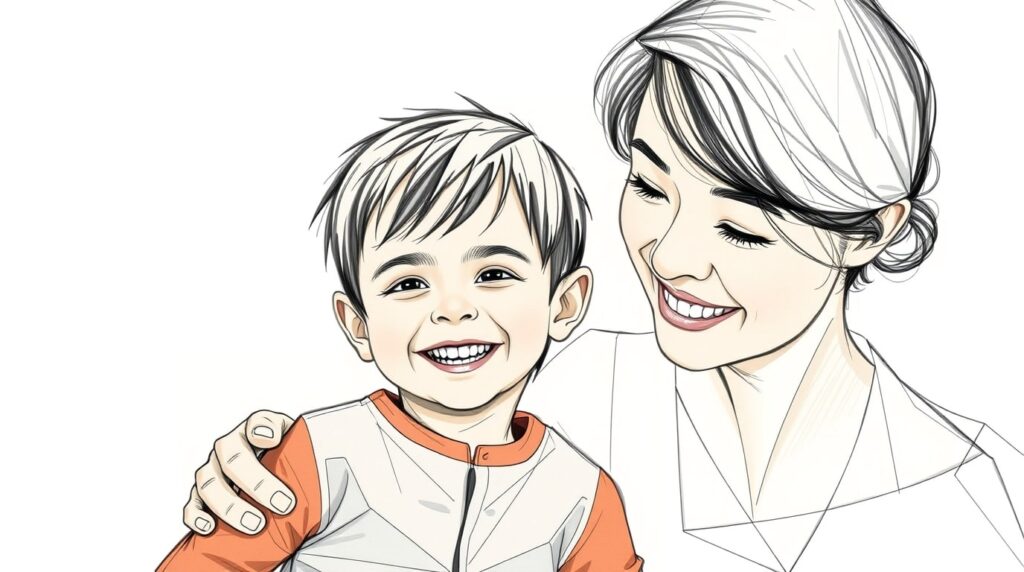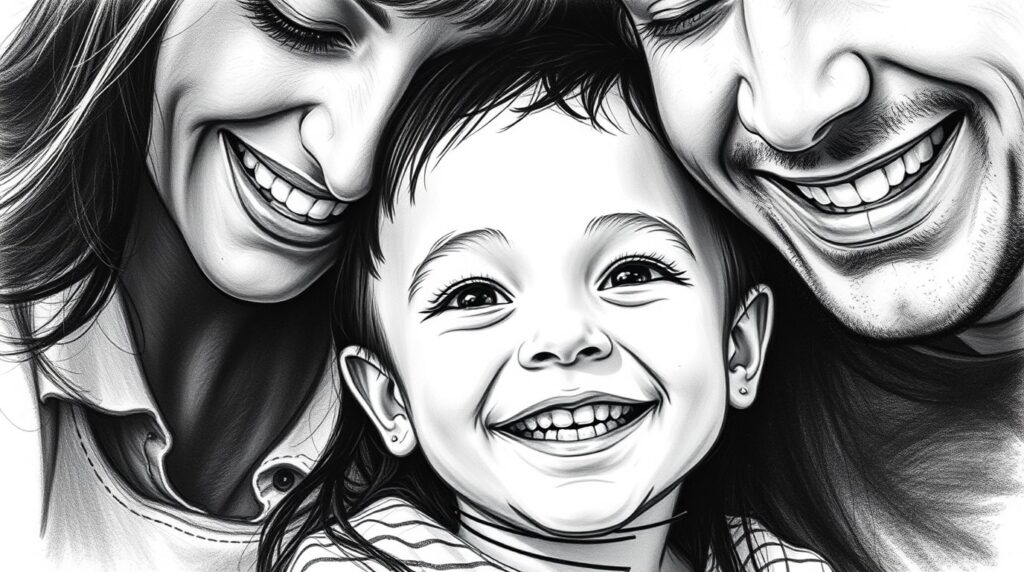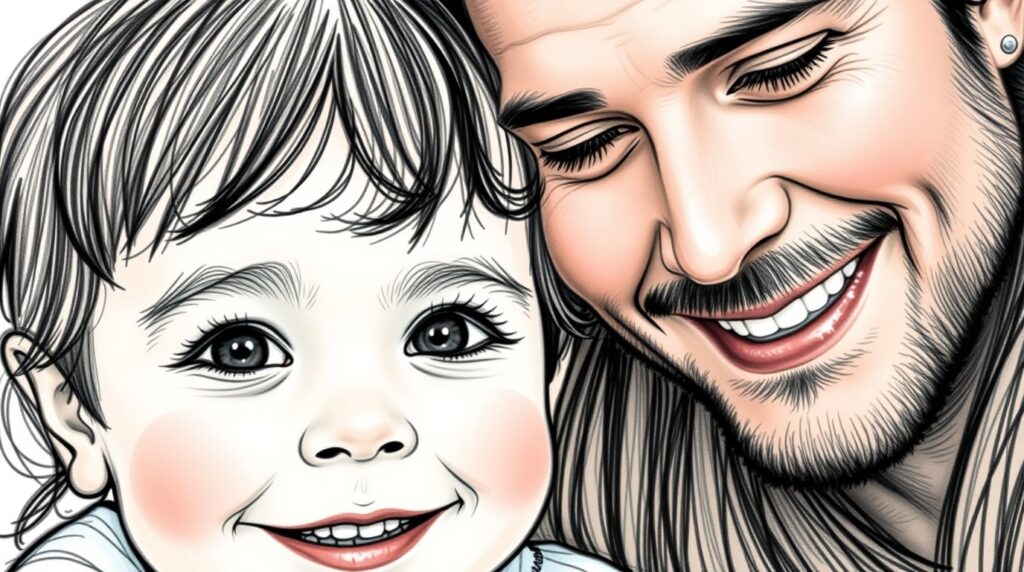With a Tech Twist to Make Recycling Fun for Kids
If you’ve ever read The Lorax by Dr. Seuss, you know it’s more than just a whimsical tale. The Lorax isn’t just some orange, mustachioed dude who speaks for the trees; he’s the eco-conscious mentor we never knew we needed.
But here’s the thing: Dr. Seuss’ legendary storytelling set the bar pretty high for children’s books about caring for our planet.
The question is, who else can we turn to in the literary world to inspire our mini earthlings to recycle, reduce, and reuse?
And how do we sprinkle a little 21st-century tech magic to make the lesson even stickier (and dare I say, fun)?
Buckle up, parents! We’re diving into some fantastic books that plant seeds of environmental stewardship in young minds while tossing in a few tech tools that make recycling exciting, yes, you heard that right.
1. The Giving Tree – Shel Silverstein
Ah, the classic tearjerker about a tree that just keeps giving. If The Lorax tells us to fight for trees, The Giving Tree shows us why trees matter in the first place. It’s simple, beautiful, and teaches kids about selflessness, but here’s the kicker: It opens the door for a conversation about sustainability. Should we take and take until there’s nothing left?
Tech Tip for Parents
Start small with a recycling app like Recycle Coach. It gamifies recycling, offering tips and challenges that kids can complete alongside you. Want to really impress the Giving Tree? Have your kids track how much paper they save by recycling their notebooks and scrap paper.
(Pro tip: Throw in some tree trivia for fun. Did you know a single tree can absorb 48 pounds of CO2 per year? That’s one eco-friendly superhero!)
2. The Earth Book – Todd Parr
Todd Parr’s colorful and cheerful illustrations are like a high-five to the planet. This book is perfect for younger kids who might not yet understand carbon footprints but will happily chant, “I take care of the Earth because I know I can do little things every day.”
Parr’s simple message of small actions, like turning off the lights, using both sides of paper, and planting trees, reminds kids that sustainability starts at home. Bonus: The book itself is made from recycled materials!
Tech Tip for Parents
Make recycling interactive with a Kids’ Smart Recycling Bin (like those with sound effects or lights when the right material is tossed in). Your child just recycled a plastic bottle? Bam! Lights flash and cheerful sounds play, instant gratification for saving the planet.
(Todd Parr would approve of the happy noises.)
3. Compost Stew: An A to Z Recipe for the Earth – Mary McKenna Siddals
If you want to teach kids that trash isn’t always trash, this book is your go-to. With its rhyming text and quirky illustrations, Compost Stew explains composting in the most delightful way possible. Spoiler alert: Banana peels? In. Plastic forks? Out.
It’s a fantastic starting point to help kids understand the magical science of turning kitchen scraps into nutrient-rich soil.
Tech Tip for Parents
Why not pair this book with a kid-friendly smart composting bin like the Lomi Home Composter? It’s tech-savvy, easy to use, and makes composting a quick process. Have your kids toss apple cores and coffee grounds in, then watch in awe as it transforms into garden gold, like eco-magic.
4. One Plastic Bag: Isatou Ceesay and the Recycling Women of the Gambia – Miranda Paul
Need a true story to inspire your little eco-warrior? This book tells the tale of Isatou Ceesay, who transformed her community by turning plastic waste into beautiful purses. It’s empowering, educational, and shows kids that one person, even a kid, can create real change.
The lesson? Trash isn’t just trash; sometimes it’s a resource waiting to be reimagined.
Tech Tip for Parents
Encourage creativity at home with a 3D printing pen that uses eco-friendly filament. Your kids can learn to transform discarded plastics into art projects or cool trinkets. It’s a perfect blend of recycling, creativity, and tech geekery. (Plus, it’s oddly satisfying to watch.)
5. Not for Me, Please! I Choose to Reduce, Reuse, and Recycle – Maria Godsey
This modern gem teaches kids to take responsibility for their choices. From turning down plastic straws to bringing reusable bags, the protagonist sets an example that kids can relate to. It’s not preachy, just practical, and that’s why it works.
Tech Tip for Parents
Give your kids their very own recycling tracker on a tablet or a kid-friendly smartwatch (like the Garmin Vivofit Jr.). Assign small weekly eco-challenges, say, reusing lunch containers for an entire week, and reward them for every win. The smartwatch gamifies tasks while sneakily teaching responsibility.
(And you, dear parent, get to feel like an eco-genius for orchestrating it all.)
6. The Watcher: Jane Goodall’s Life with the Chimps – Jeanette Winter
Sometimes, the best way to teach kids eco-consciousness is to tell them about people who cared. Enter Jane Goodall, the ultimate eco-hero. This book tells her story in a way that’s both inspiring and approachable for kids. It plants seeds of curiosity, encouraging kids to observe and care for the world around them.
Tech Tip for Parents
Inspire young scientists with a kid-friendly microscope or wildlife observation camera. Let your kids explore leaves, bugs, and other natural treasures, just like Jane did. It’s a great way to blend tech with nature and make kids feel like little eco-explorers.
Bonus: Make Your Own Eco-Book Adventure!
Let’s be honest: Dr. Seuss would probably write about smart devices if he were around today. So, why not co-create a family story about your own eco-adventures? Grab a blank journal or use a storytelling app like StoryJumper to craft a tale where your kids are the eco-heroes.
Plot twist: The family cat is the villain who refuses to recycle, and the kids must save the day with their trusty smart recycling bin.
Mix Books, Tech, and Action
At the end of the day, teaching eco-consciousness is all about making it real. Books like The Lorax give us the “why,” but as parents, we can bring the “how” to life. Whether it’s through techy tools like smart composters or interactive recycling apps, you have the power to make saving the planet feel like an adventure.
So, grab a book, download an app, and toss that plastic bottle in the right bin. Because if Dr. Seuss taught us anything, it’s this: Unless someone like you cares a whole awful lot, nothing is going to get better. It’s not.
(And hey, that smart recycling bin might even cheer for you. Go, you!)
